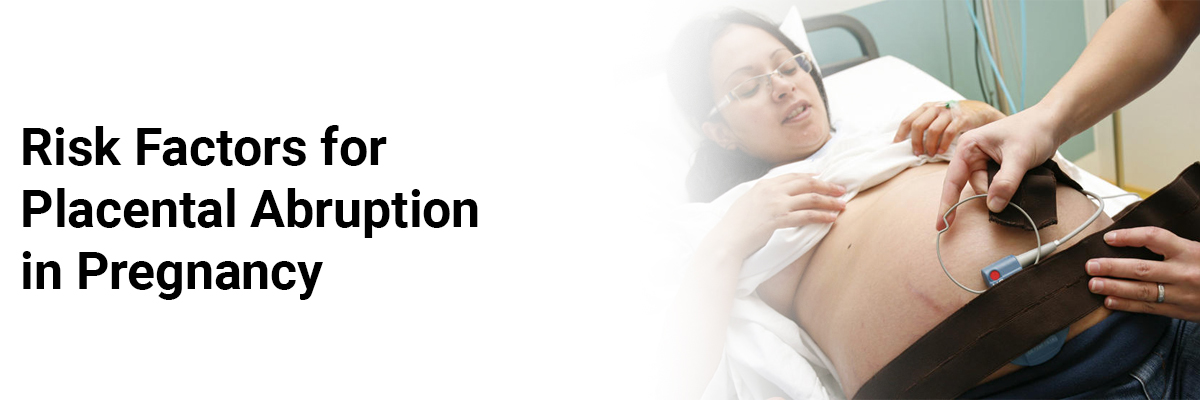
 IJCP Editorial Team
IJCP Editorial Team
Risk factors for placental abruption in pregnancy
The present study identified the risk factors for placental abruption in subsequent pregnancies among women experiencing their first pregnancy. A population-based nested case-control design was employed, with cases consisting of women who developed placental abruption in their second pregnancy and controls comprising women who did not experience placental abruption.
The study included 43,328 women, with placental abruption occurring in 0.4% of second pregnancies. Multivariable logistic regression models were utilized to examine the association between complications in the first pregnancy and the risk of placental abruption in subsequent pregnancies.
The findings revealed that several factors during the first pregnancy were independently associated with an increased risk of placental abruption in subsequent pregnancies. These factors included having a small for gestational age baby, experiencing preterm delivery, developing pre-eclampsia, or undergoing cesarean delivery. Importantly, the risk of placental abruption was further elevated when multiple complications occurred during the first pregnancy.
This study highlights the potential of the first pregnancy as an opportunity to identify women who may be at risk of experiencing placental abruption in the future. By recognizing these risk factors early on, healthcare professionals can take proactive measures to monitor and manage pregnancies effectively, potentially reducing the occurrence and impact of placental abruption in subsequent pregnancies.
Goldbart A, Pariente G, Sheiner E, Wainstock T. Identifying risk factors for placental abruption in subsequent pregnancy without a history of placental abruption. International Journal of Gynecology& Obstetrics. 2023;161(2):406-411. https://doi.org/10.1002/ijgo.14446

IJCP Editorial Team
Comprising seasoned professionals and experts from the medical field, the IJCP editorial team is dedicated to delivering timely and accurate content and thriving to provide attention-grabbing information for the readers. What sets them apart are their diverse expertise, spanning academia, research, and clinical practice, and their dedication to upholding the highest standards of quality and integrity. With a wealth of experience and a commitment to excellence, the IJCP editorial team strives to provide valuable perspectives, the latest trends, and in-depth analyses across various medical domains, all in a way that keeps you interested and engaged.





















Please login to comment on this article